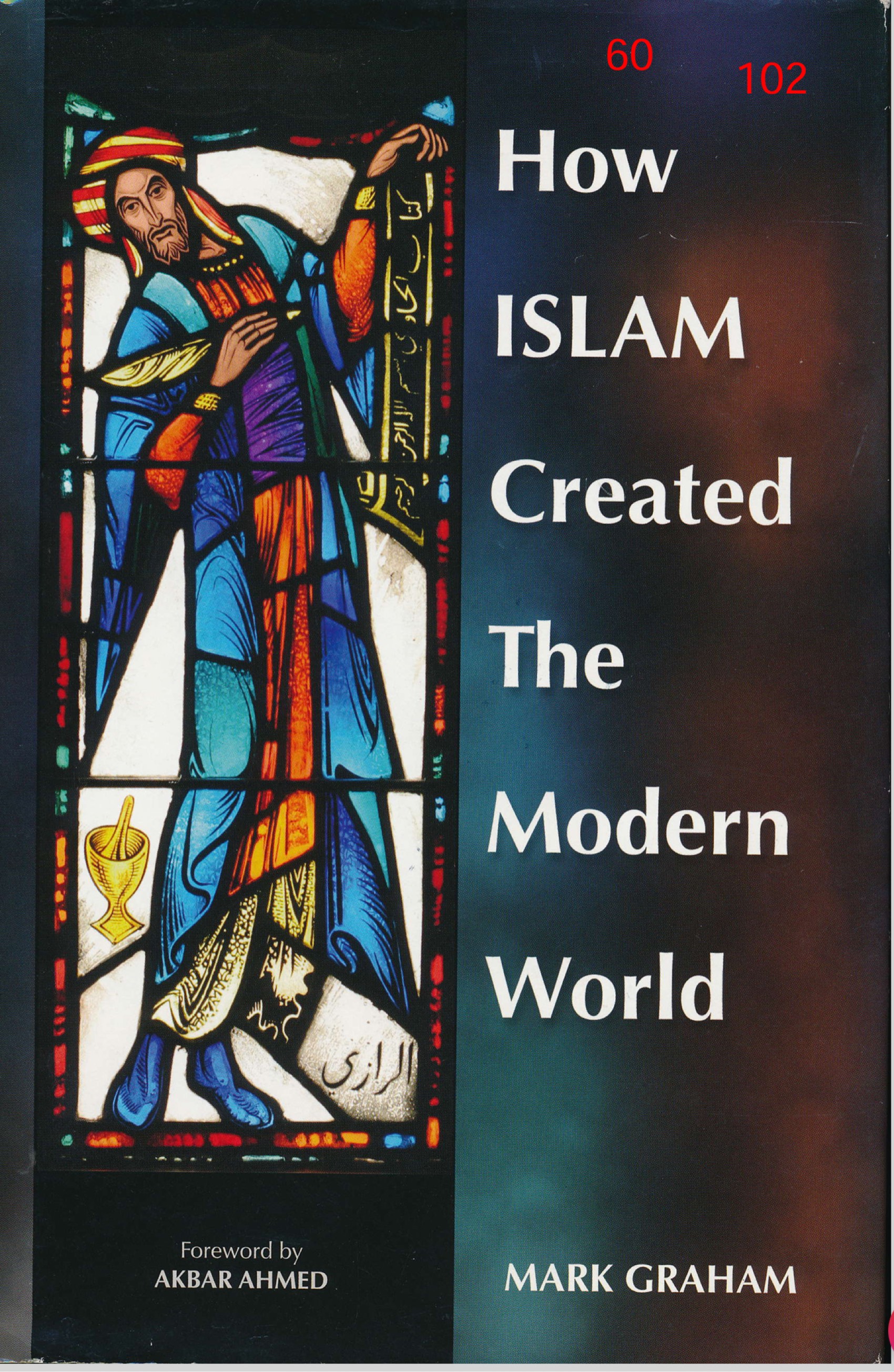HOW ISLAM CREATED THE MODERN WORLD
Summary of How Islam Created the Modern World by Mark Graham
Mark Graham’s How Islam Created the Modern World explores the immense contributions of Islamic civilization to science, philosophy, medicine, and culture, particularly during the Middle Ages. The book argues that while Europe was in its so-called “Dark Ages,” the Muslim world was flourishing intellectually, paving the way for the Renaissance and modern advancements.
⸻
Key Themes and Structure
1. The Golden Age of Islamic Civilization
• While medieval Europe was plagued by feudal chaos and superstition, cities like Baghdad, Cordoba, and Cairo became intellectual and cultural hubs.
• The House of Wisdom in Baghdad was a center for translation and knowledge, where Greek, Persian, and Indian texts were preserved and expanded upon.
• Muslim scientists, philosophers, and mathematicians blended classical knowledge with their own discoveries, leading to advancements in astronomy, medicine, algebra, and chemistry.
2. Scientific and Mathematical Advancements
• Algebra was developed by Al-Khwarizmi, who introduced the decimal system and algorithms, foundational to modern mathematics.
• Muslim astronomers calculated the Earth’s circumference with astonishing accuracy in the 10th century, centuries before European explorers.
• Advances in optics, physics, and chemistry laid the groundwork for later scientific discoveries in Renaissance Europe.
3. Medicine and Health
• Islamic medicine was far ahead of its time, with hospitals, surgical techniques, and detailed medical texts by Ibn Sina (Avicenna) and Al-Razi (Rhazes).
• The first medical schools and hospitals were established, offering free healthcare to all, influencing European medical institutions.
4. Cultural and Artistic Influence on Europe
• Islamic civilization influenced European music, literature, and architecture.
• Musical notation and instruments like the guitar were introduced to Europe by Muslims.
• Persian and Arabic literature inspired European poetry and storytelling (e.g., One Thousand and One Nights).
5. The Renaissance: A Product of Islamic Knowledge
• By the 12th century, Europe began translating Arabic texts into Latin, rediscovering classical knowledge via Islamic scholars.
• Many Enlightenment thinkers built upon the ideas of Muslim scientists and philosophers.
• The book argues that the Renaissance was not a rediscovery of “lost” knowledge but a continuation of Islamic intellectual traditions.
6. The “Forgotten Legacy” and Western Amnesia
• Graham criticizes Western historical narratives, which often omit or downplay the role of Islamic civilization in shaping modern science and philosophy.
• The book argues that Islamic scholars preserved and enhanced Greek and Roman knowledge, passing it on to Europe through Spain and Sicily.
• He challenges the stereotype that Islamic civilization was anti-modern and shows how its influence continues today.
⸻
Conclusion
Graham’s book presents a compelling case that the modern world owes much of its scientific, mathematical, and cultural advancements to Islam. It serves as an important corrective to Eurocentric historical narratives, emphasizing the deep connections between Islamic and Western civilizations.
